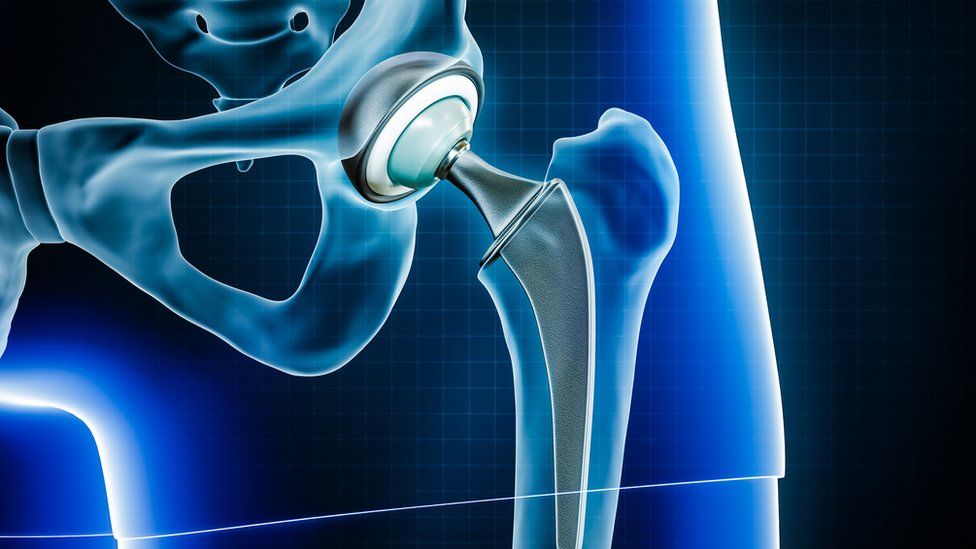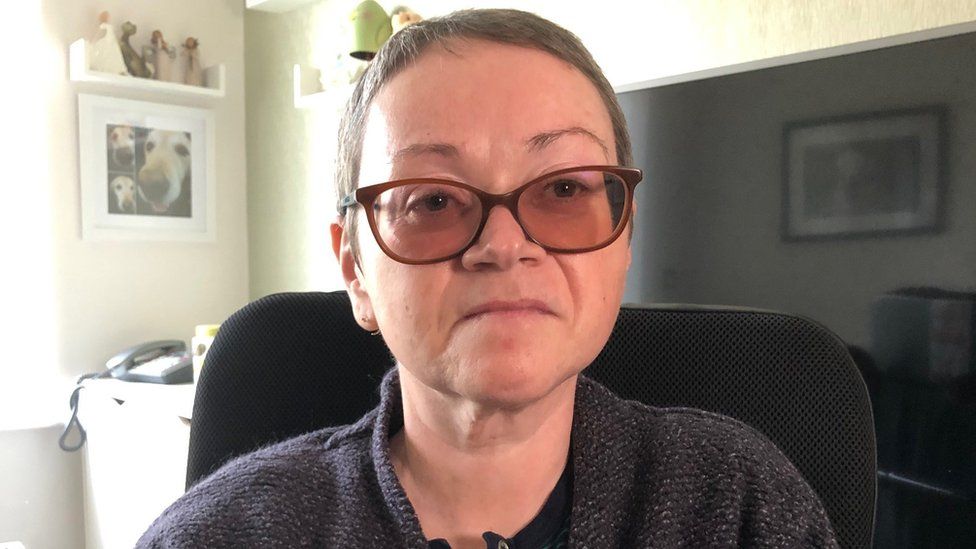Swansea Bay waiting list error left people with five-year op wait
Published6 hours agoShareclose panelShare pageCopy linkAbout sharingImage source, Getty ImagesBy Owain ClarkeBBC Wales health correspondentPatients waited more than five years for surgery after health board mistakes saw them lose their places on waiting lists, a new report has said.The Public Services Ombudsman for Wales said Swansea Bay health board treated patients unfairly due to serious mistakes with waiting lists for things such as knee and hip surgery.The watchdog investigated after three people were taken off lists in error.The health board apologised and has accepted all recommendations.Some of its services are already under the second highest level of Welsh government oversight because of concerns about bringing down waiting times.Ombudsman Michelle Morris said the three cases investigated demonstrated “clear injustice to the patients” and called into question the health board’s management of its entire waiting list.”While patients are waiting for surgery on the list, they should be treated fairly in relation to the management of their place on that list,” she said.One patient, referred to as Mrs B in the report, experienced “severe pain” while waiting since 2018 to receive treatment.Despite needing surgery for both hips she was removed from the waiting list for her right side after the left was treated – meaning she waited more than five years before both of her hips were operated on.A patient named as Mr C waited three years and seven months for surgery to his left hip – despite it being assessed as needing to be done within one month – after his place on the waiting list was reset and then removed altogether.And a Mr D was incorrectly taken off a waiting list for shoulder surgery when he missed surgical appointments – because he was already in hospital undergoing treatment for another illness.He eventually received his treatment to his shoulder more than five years after first being put on the list, but 65 months of waiting in pain was said to have affected his “wellbeing significantly”.How long is the wait for hip or knee ops near you?Three health boards placed under more scrutinyIn all cases the ombudsman found that the patients had their hopes “falsely” raised they would be treated sooner by the health board.The investigation also found long delays for all patients waiting for orthopaedic surgery – caused by issues such as staff-shortages, a lack of operating spaces and unclear management arrangements.It recommended the health board review its decisions and audit all waiting lists to find out whether similar errors had occurred with other patients.Swansea Bay health board said it was implementing the recommendations in full.Image source, Alan Hughes / GeographThe health board said in a statement: “We sincerely apologise to the three patients whose orthopaedic surgery was delayed because of failings in the way their appointments were managed.”We can confirm that all three patients have now received their operations.”We are checking our orthopaedic waiting lists to ensure there are no other similar cases, and if there are, we will again urgently expedite their care.”It said orthopaedic services were currently under huge pressure, but it anticipated “by the end of March” no patients would have waited more than three years.Swansea Bay was put into targeted intervention for performance and results on Tuesday by Health Minister Eluned Morgan, in part due to insufficient progress on bringing down waiting times for patients.Are you experiencing a long wait for an operation? Share your story by emailing haveyoursay@bbc.co.uk.Please include a contact number if you are willing to speak to a BBC journalist. You can also get in touch in the following ways:WhatsApp: +44 7756 165803Tweet: @BBC_HaveYourSayUpload pictures or videoPlease read our terms & conditions and privacy policy
If you are reading this page and can’t see the form you will need to visit the mobile version of the BBC website to submit your question or comment or you can email us at HaveYourSay@bbc.co.uk. Please include your name, age and location with any submission. More on this storyHow long is the wait for hip or knee ops near you?Published15 June 2023Three health boards placed under more scrutinyPublished1 day agoHospital waiting times fall after record highsPublished6 days ago
Read more →

